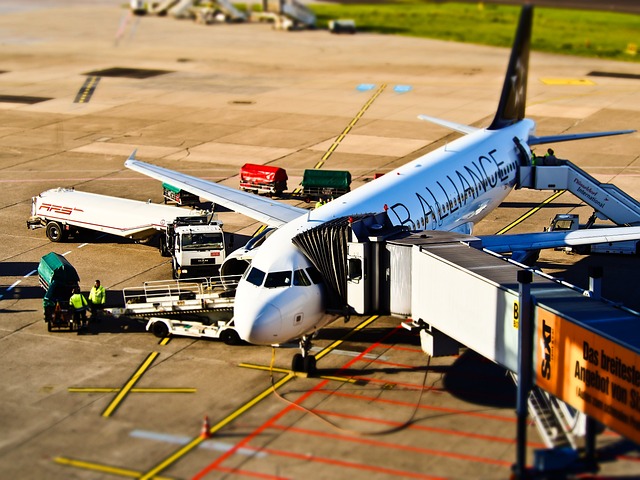The experience at Agape Boarding School leaves deep scars, causing emotional trauma that impacts former residents' mental health, relationships, and adulthood stability. Survivors are seeking justice through civil and criminal lawsuits against the school and abusers. Legal aid organizations support them in this process. Healing involves mental health resources, therapy, support groups, and safe community spaces for connection and story-sharing, empowering survivors to rebuild their lives and fostering collective healing and accountability.
“Survivors of Agape boarding school abuse seek justice and healing. This article delves into the profound impact of such institutions, exploring legal avenues for accountability. From understanding the lasting effects on individuals to supporting communities that heal, we examine strategies to bring closure. If you or someone you know was affected by Agape Boarding School, there are paths to justice. We provide insights into legal rights and resources dedicated to ensuring survivors receive the support and recognition they deserve.”
- Understanding the Impact of Agape Boarding School Abuse
- Legal Paths to Justice for Survivors
- Supporting Survivors and Fostering Healing Communities
Understanding the Impact of Agape Boarding School Abuse

The experience of survival at an Agape Boarding School can leave profound and lasting scars on individuals who were once its residents. The impact of abuse, often hidden behind walls of secrecy and silence, extends far beyond the physical realm. Emotional and psychological trauma resulting from such environments can manifest in various ways, affecting every aspect of a survivor’s life. Many ex-residents struggle with feelings of betrayal, isolation, and a distorted sense of self, often battling depression, anxiety, or post-traumatic stress disorder (PTSD).
The abuse endured at these institutions erodes trust, making it challenging for survivors to form healthy relationships in the future. It can also impact their ability to find stability and success in adulthood, as the trauma may hinder their personal growth, decision-making, and overall well-being. Recognizing and understanding these impacts is crucial in the quest for justice, ensuring that survivors receive not only legal redress but also the support needed to heal and rebuild their lives.
Legal Paths to Justice for Survivors

Many survivors of Agape Boarding School are seeking justice for the emotional and physical abuse they endured during their time there. Legal paths to justice can include civil lawsuits against the school and its leaders, aiming to hold them accountable for their actions and secure compensation for the harm caused. These cases often involve allegations of negligence, assault, and intentional infliction of emotional distress.
Survivors may also explore criminal avenues, pressing charges against individuals responsible for the abuse. This process requires thorough documentation of incidents, including any evidence or witness statements. Legal aid organizations specializing in human rights violations and educational institutions can guide survivors through these complex procedures, ensuring they have a strong case to pursue justice and receive the support they need.
Supporting Survivors and Fostering Healing Communities

Supporting survivors and fostering healing communities is a critical aspect of seeking justice for those who endured abuse at Agape Boarding School. Many survivors struggle with long-term psychological effects, including trauma, anxiety, and depression. Providing them with access to mental health resources, therapy, and support groups can be transformative. These initiatives not only help individuals process their experiences but also empower them to rebuild their lives and regain a sense of control.
Healing communities play a pivotal role in this process by offering safe spaces where survivors can connect, share their stories, and provide mutual support. Such communities can be facilitated through local support networks, online forums, or therapeutic retreats. By fostering connections among survivors, these initiatives encourage accountability, promote understanding, and create a network of trust and solidarity—all essential elements for collective healing and the pursuit of justice.
Survivors of Agape boarding school abuse deserve justice and healing. By understanding the profound impact of such experiences, exploring legal avenues for accountability, and supporting communities that foster healing, we can work towards a future where survivors find closure and peace. Let us remember that seeking justice is not just about punishment, but also about acknowledging the trauma suffered and providing a platform for survivors to share their stories. Together, we can ensure that no one faces these challenges alone.
